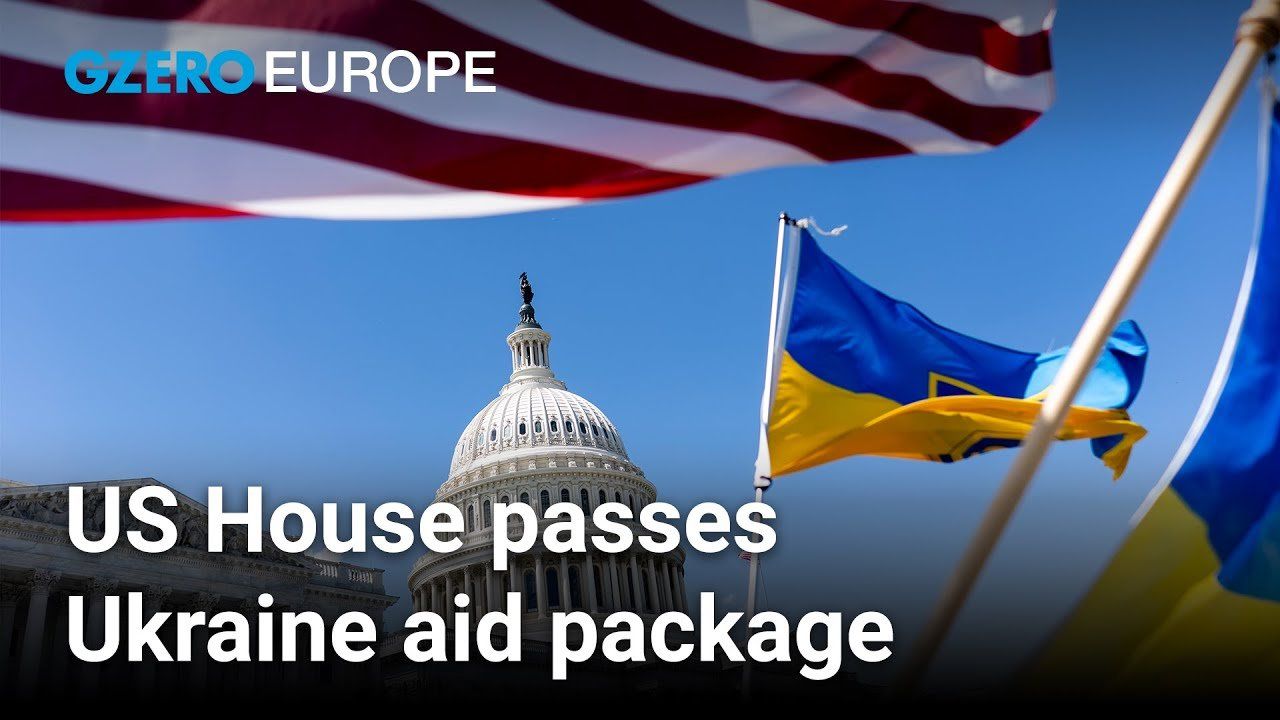
Carl Bildt, former prime minister of Sweden, shares his perspective on European politics from Stockholm.
What's the European reaction to, finally, the decision by the US House of Representatives to give green light to military aid to Ukraine?
Well, obviously enormous satisfaction. We've been waiting for quite some long time. But it has to be said, however important this is, that it will take some time for it to reach the battle lines in the east of Europe. It's not enough. And, in the days before the US decision, that was a decision by the European head of state, the government, to increase European aid. There's already very substantial European aid packages there, of course, but more is needed primarily in the terms of our defense. Germany immediately decided to commit to further battery of Patriots. And, discussions are underway among European capitals to further Patriots and other deliveries that are necessary in order to, make certain to Mr. Putin that they will never win at some point in time, they simply have to cave back. And the last week was an important one.
What about the European aspirations of Georgia in view of the measures taken by its government?
Yeah, that's a big question. I mean, the Georgian government, a rather doubtful one, in my opinion, with this new foreign agents, Russian-inspired law against opposition is creating substantial doubts in European capitals, whether it was that wise to give the country candidate status. That has been done. But, let's see what happens now. It is certainly not going to be an issue of quick march for Georgia with the European Union in light of what we see happening in Tbilisi these days.
- Georgia’s parliament advances divisive foreign agents bill ›
- Russia invaded Georgia too, and it never left ›
- Tiktok ban and foreign aid to Ukraine, Israel, and Taiwan passes in the House ›
- Ian Explains: If the US steps back from Ukraine, can Europe go it alone? ›
- Why the US is sending aid to Ukraine, Israel, and Taiwan - GZERO Media ›